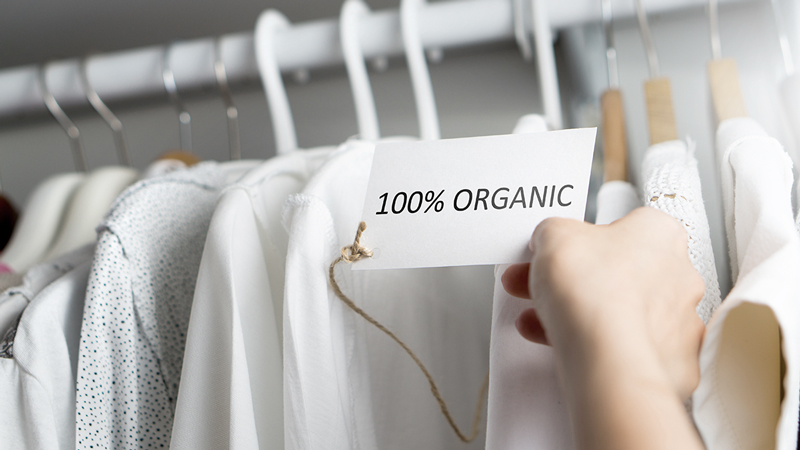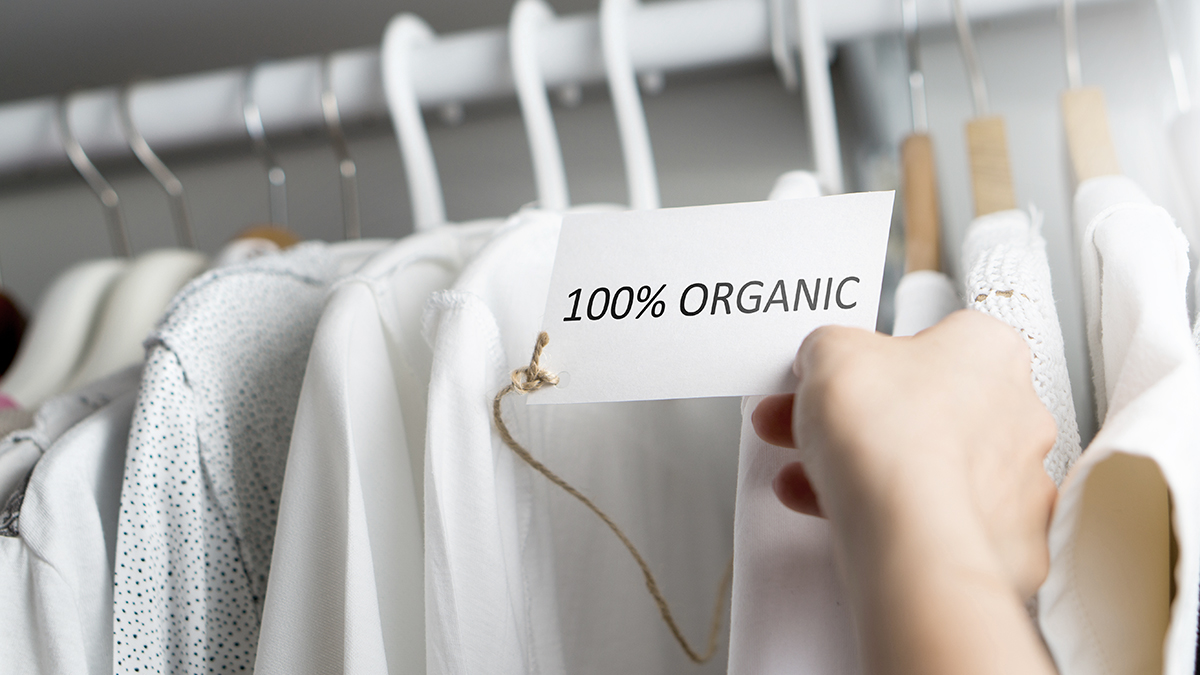Responsible. Sustainable. Environmentally friendly. Green. Carbon neutral. Ecologically safe. Low emission. Recyclable. Biodegradable. Made from renewable materials. Energy efficient.
Responsible Marketing or Misleading Greenwashing?



Hilma-Karoliina Rozell & Tiina Orre
Related services
Corporate marketing is full of these kinds of claims, which is a good thing. Companies are paying more attention to the sustainability of their businesses—particularly to their environmental impacts—and are communicating about them more openly.
The use of sustainability and environmental claims in marketing can impact consumers’ purchasing decisions and bring companies a competitive edge. This being the case, the kinds of claims being made is important.

For example, you may come across a sweater in a clothing store with a label stating not just the price, but also announcing, I am sustainable. What does it mean that a product is sustainable? A Finnish clothing brand launched a ‘100% sustainable clothing line’ in September. The line didn’t include a single piece of clothing and the webstore and store were empty. The company wanted to make the point that it is impossible to make completely sustainable clothing.
In August, a Finnish marketing magazine wrote that companies find it difficult to communicate sustainability and are afraid of being accused of greenwashing. One reason for this is a challenge of scale: companies measure their sustainability in many different ways.
There is no reason to be afraid of sustainability marketing as long as it is based on facts and takes into account the entire lifecycle of the product or service, from the procurement of raw materials to the disposal of waste.
Marketing Cannot be False or Misleading
Sustainability and environmental claims—just like any other factual claims in marketing—must be provable. Your own subjective opinion is not enough, but you have to have research or other credible data (verified by third parties, if necessary) to back up your claims.
The overall impression created by marketing cannot be misleading. For example, it would be misleading to say, ‘we have doubled the amount of recycled material’, if the original amount of recycled material in the product was negligible.
Marketing should not abuse consumers’ concern for the environment or seek to exploit consumers’ lack of environmental knowledge. Marketing should also indicate whether an environmental claim concerns the entire lifecycle of the product or just one part or production phase of it or, for example, the company’s overall environmental efficiency.
It should also be noted that environmental claims can be more than just verbal expressions. A symbol or other graphic presentation referring to an environmental feature of a product or package could also be considered an environmental claim. This being the case, companies should not add symbols of their own devising to, for example, product packaging if they could give the misleading impression that the product has an official environmental certificate.
Don’t Highlight Meaningless or Irrelevant Features
Marketing should not highlight a feature that has no meaning or relevance to the product or service in question. The meaningfulness and relevance of sustainability and environmental claims are assessed based on other products in the same group of products or services. For example, claiming that a product does not contain a particular substance would be considered misleading if no other corresponding products on the market contain the substance in question.
Any environmental claims must be relevant to the product. Claims can only concern matters that already exist or that will at least likely arise during the product’s lifecycle.
Avoid Greenwashing: Use Truthful, Up-to-Date and Relevant Environmental Claims
With green claims having become more common, the ICC’s new marketing rules published in 2019 contain more detailed rules applicable to marketing with environmental claims, for example, environmental marks, product packaging, product descriptions, as well as marketing materials and digital media containing environmental claims.
The ICC has also published guidance on frequently used environmental claims.
According to the ICC’s guidance, marketing should not make unconditional use of expressions such as ‘environmentally friendly’, ‘eco-safe’, ‘green’, ‘sustainable’, ‘climate-friendly’ or similar statements that communicate that the product or service has no negative environmental impacts or that the impacts would be positive. Using such statements always requires sound evidence. Furthermore, claims referring to sustainable development should not be used until there are ways to measure or confirm sustainable development.
To sum up, a good environmental claim is honest, truthful, relevant, up-to-date and specific and the text explaining it is clear, relevant and easy to understand.












